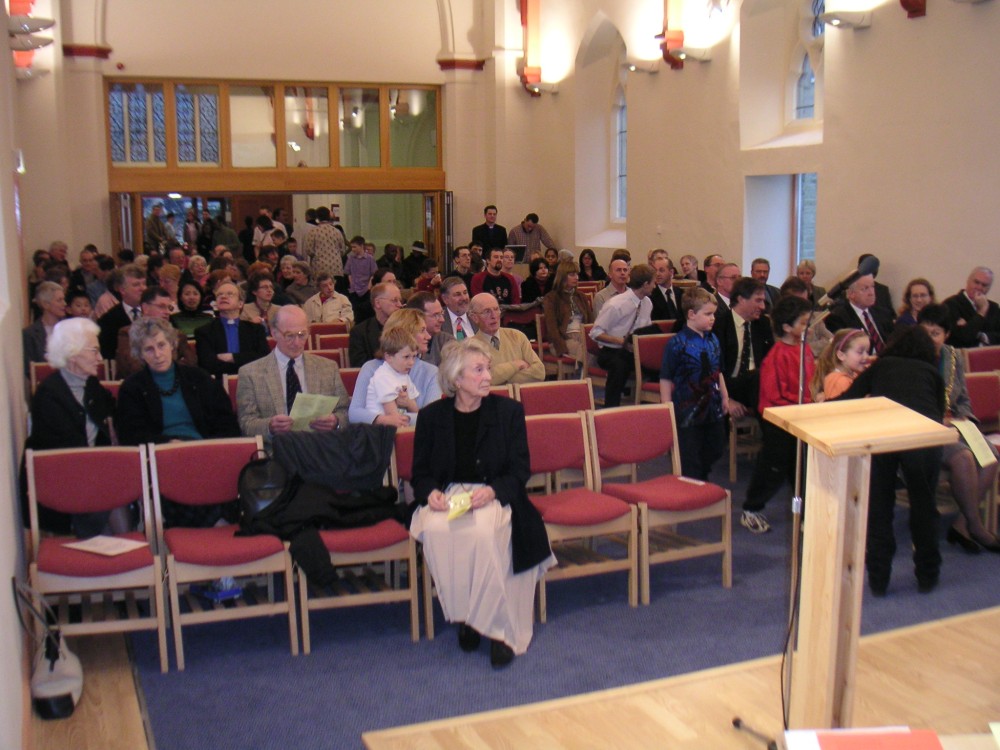Do you love people? A question for pastors
The last question the pastor asked was "Peter, do you love people?" He was interviewing me for my first parish assignment and was about 30 years older than I was. The question unsettled me. It seemed disingenuous. It felt like a patronizing trap. I think my reply to him was some variation of "You bet!" Whatever my response, it almost certainly displayed more eagerness than depth, more cheer than nuance. What I do remember is that I was annoyed by the inference that it was possible to be preparing for ordination in the church and yet be unloving of people.
This pastor judged me suitable for placement in a congregation. Perhaps I said "You bet!" with special gravity. Or maybe something else in the interview indicated potential. Whatever the case, the do-you-love-people question has never left my mind. It has been rolling around in my head now for a quarter century—and it's the best thing that pastor could have asked me.
After peeling back the layers of that question, I have concluded that the only relationship worth having with a congregation is one that requires extensive use of the word love to describe its fullness. Yes, a love of people seems like the most obvious component in a parish pastor's life. But it's not. "Love in theory" is prevalent. We're all experts at talking or theorizing about love, beginning with our own families. But in relationships with those we care most about, we remain clumsy in the exercise of love. We fail often, mistaking good intentions for embracing the mystery of that other one's heart.





